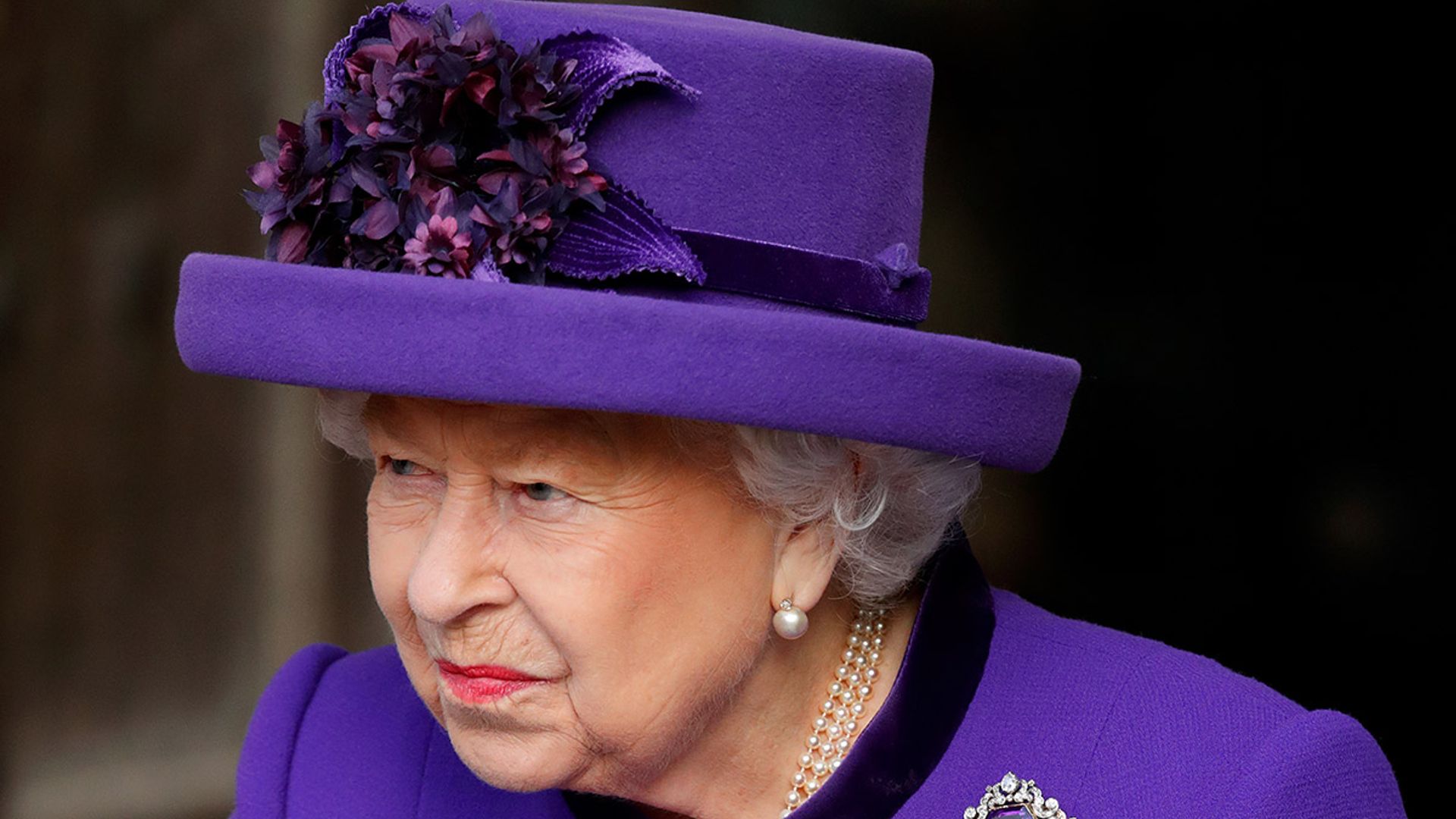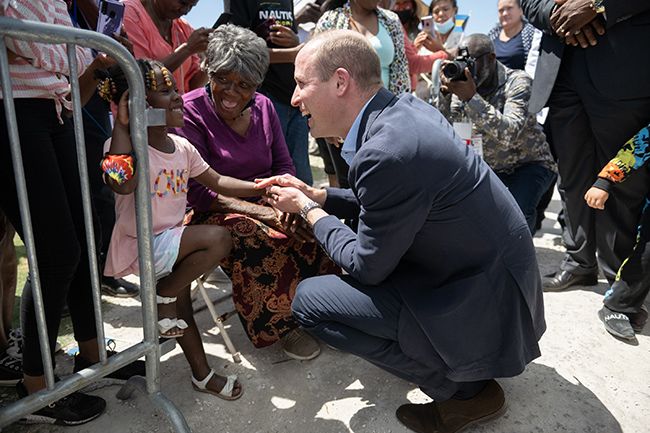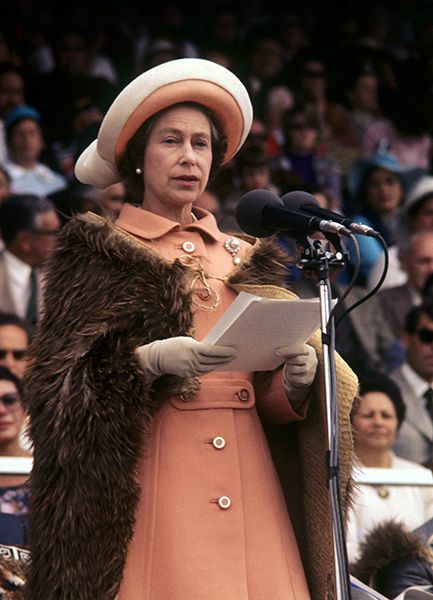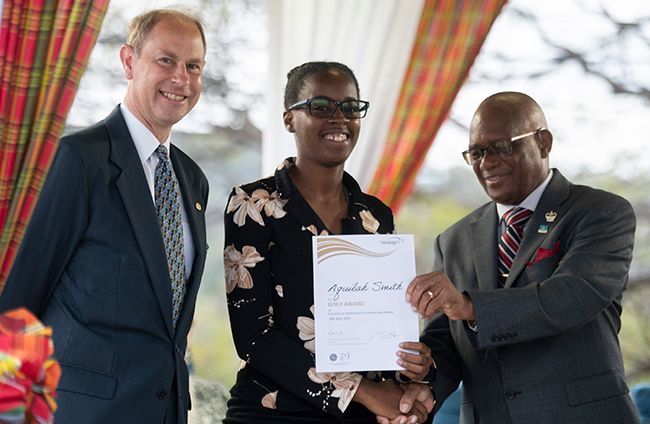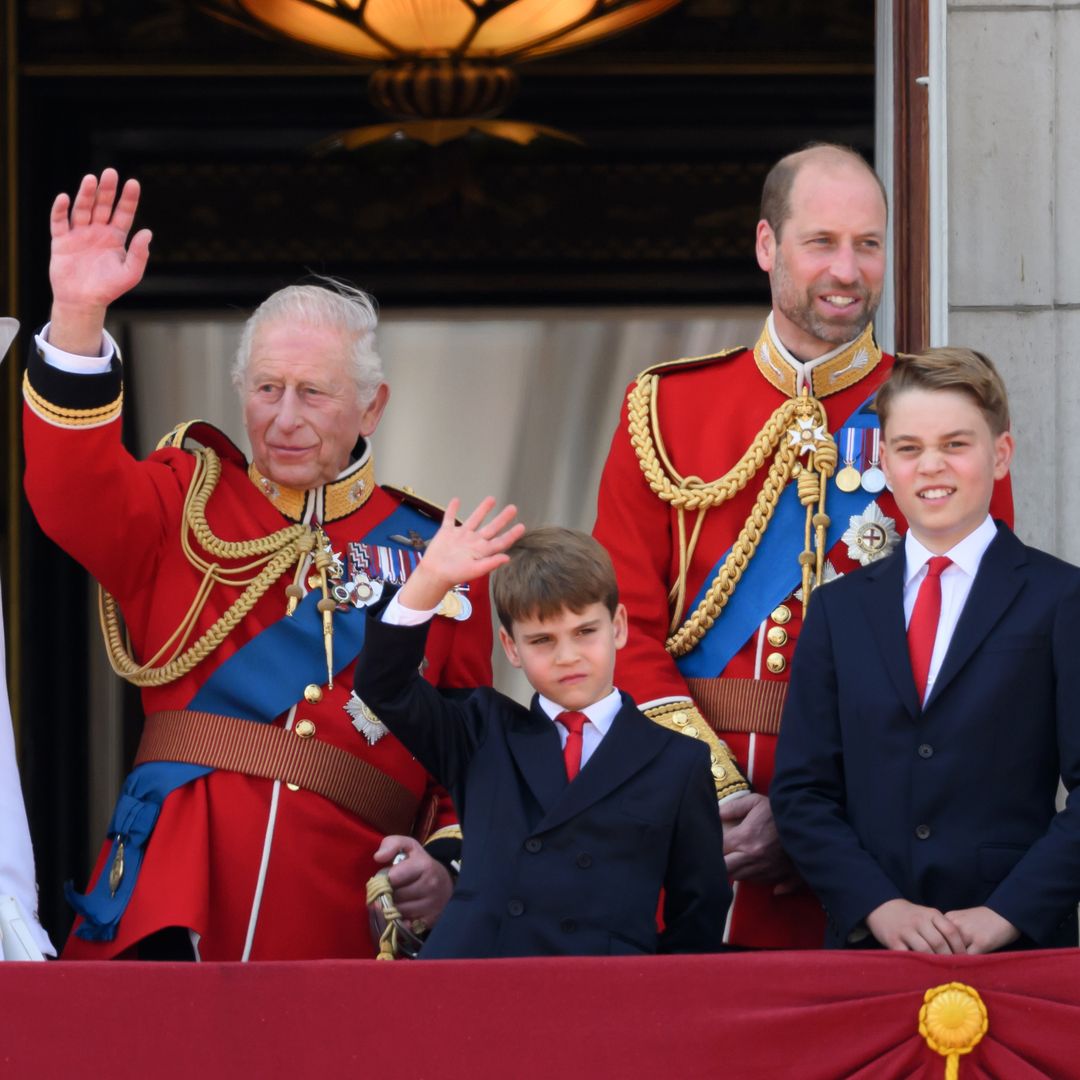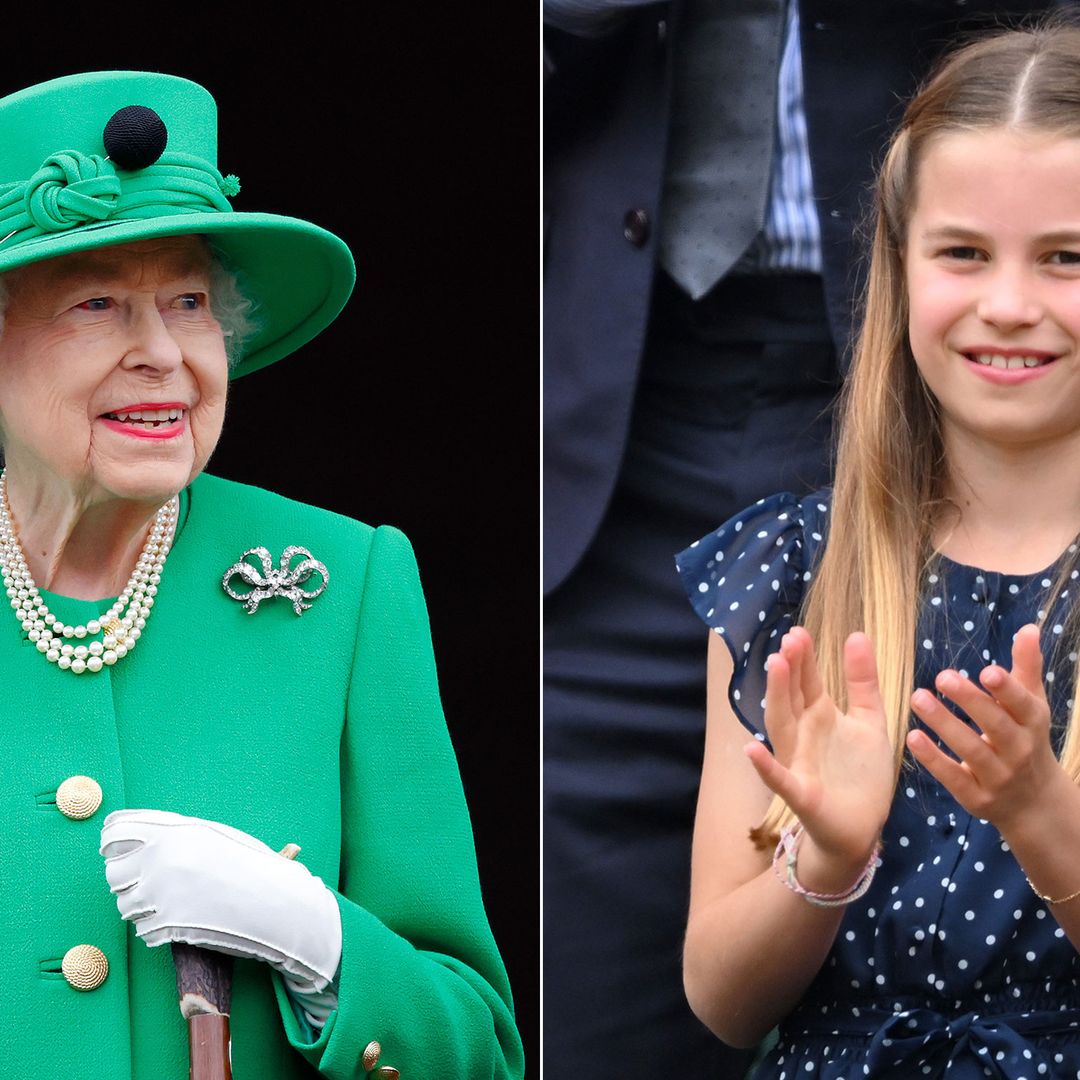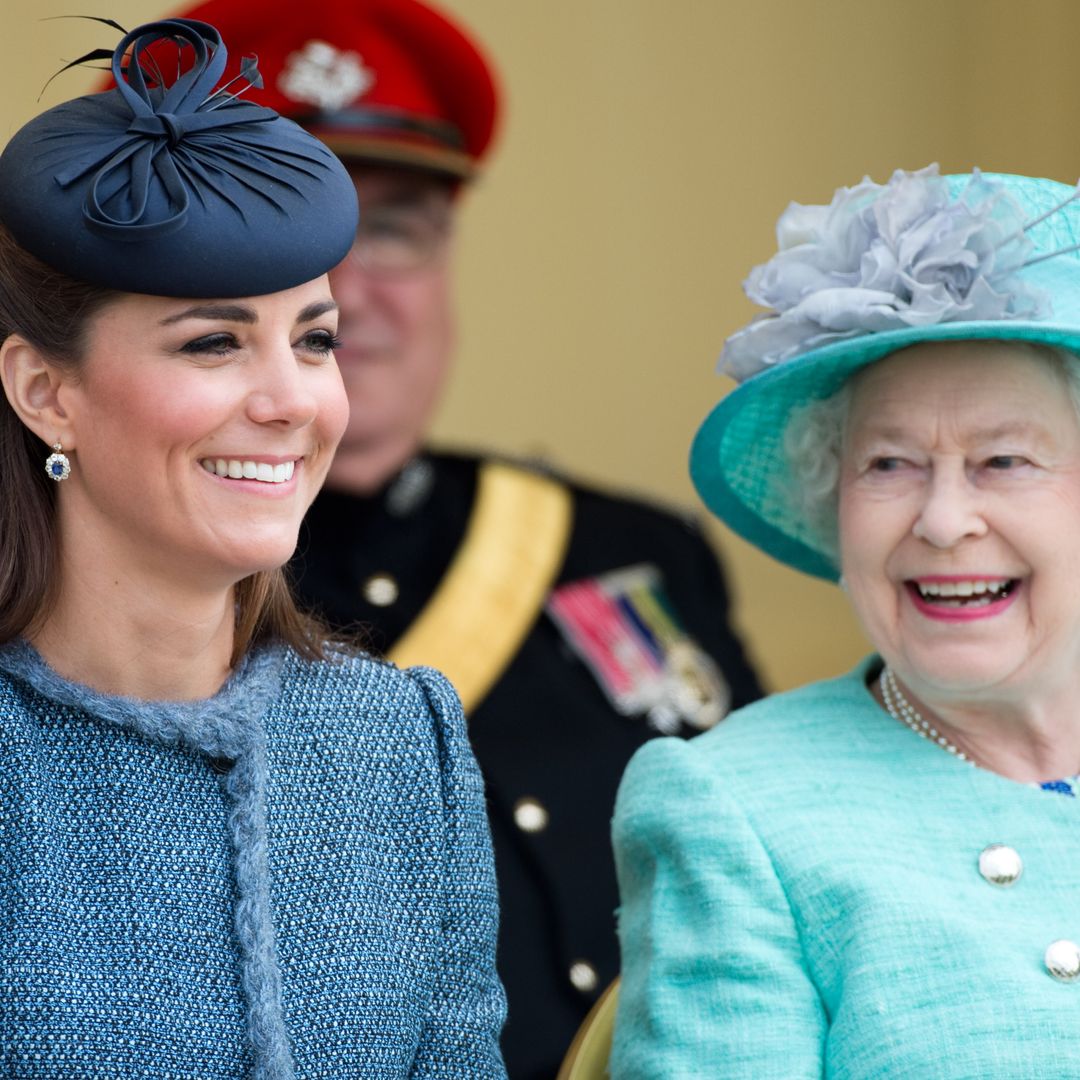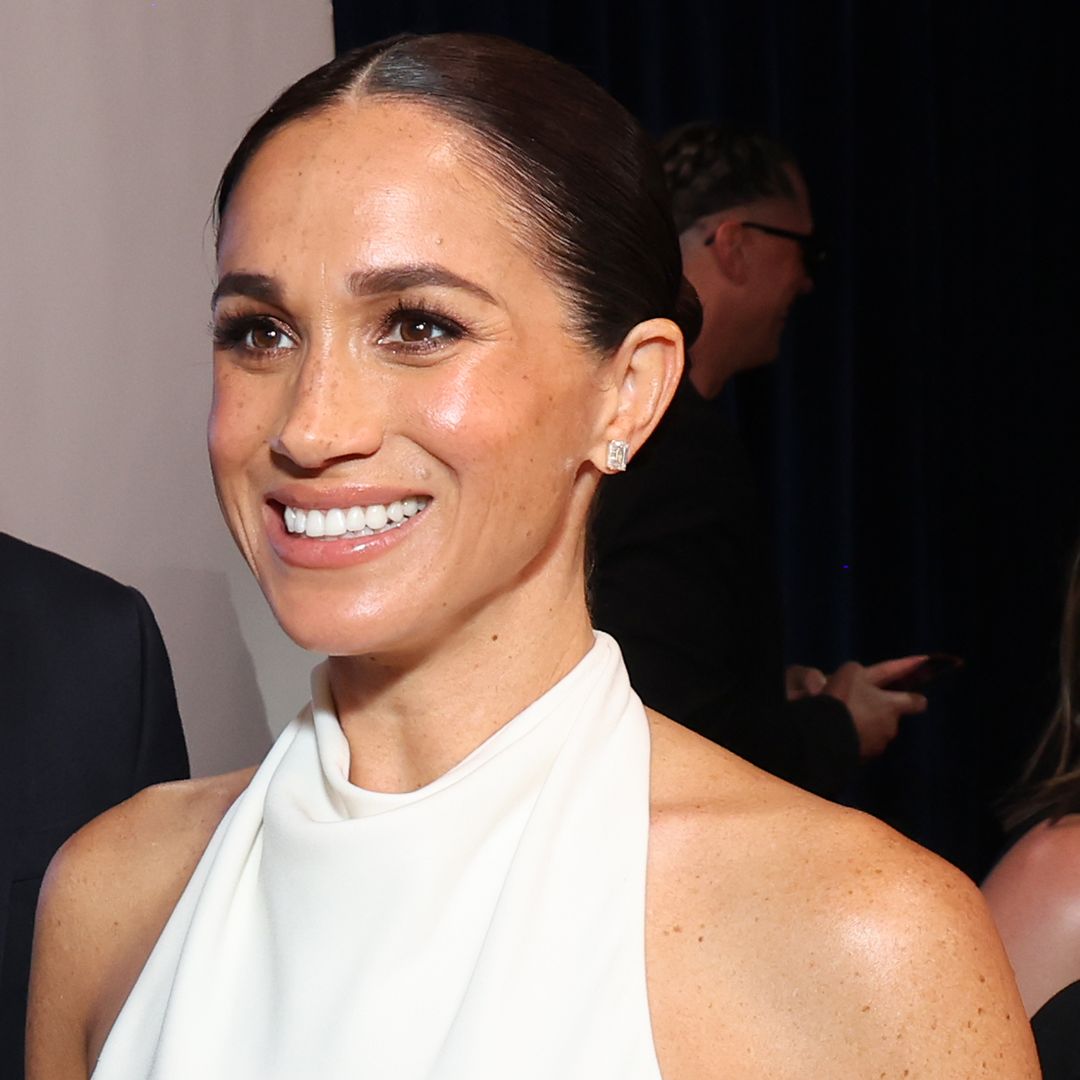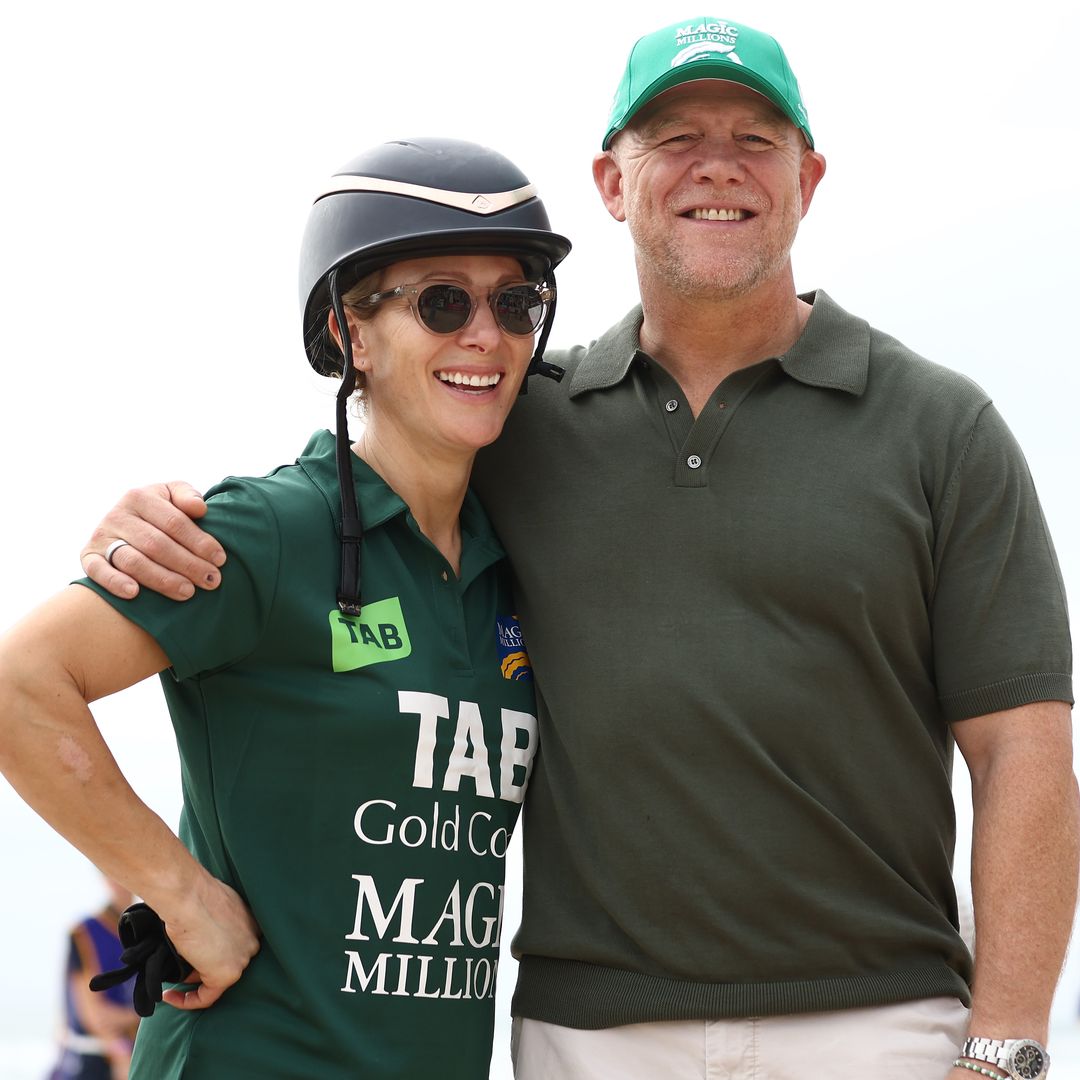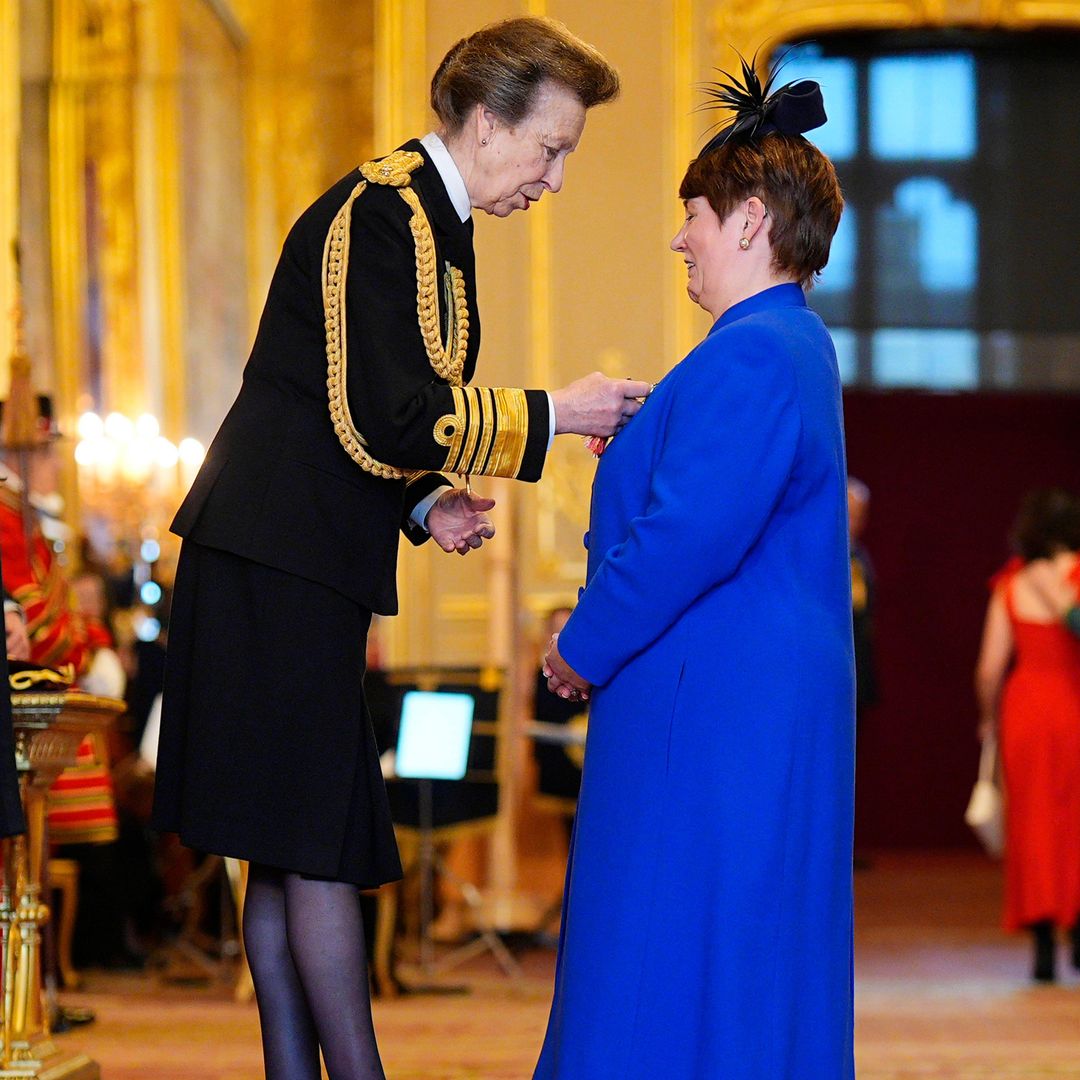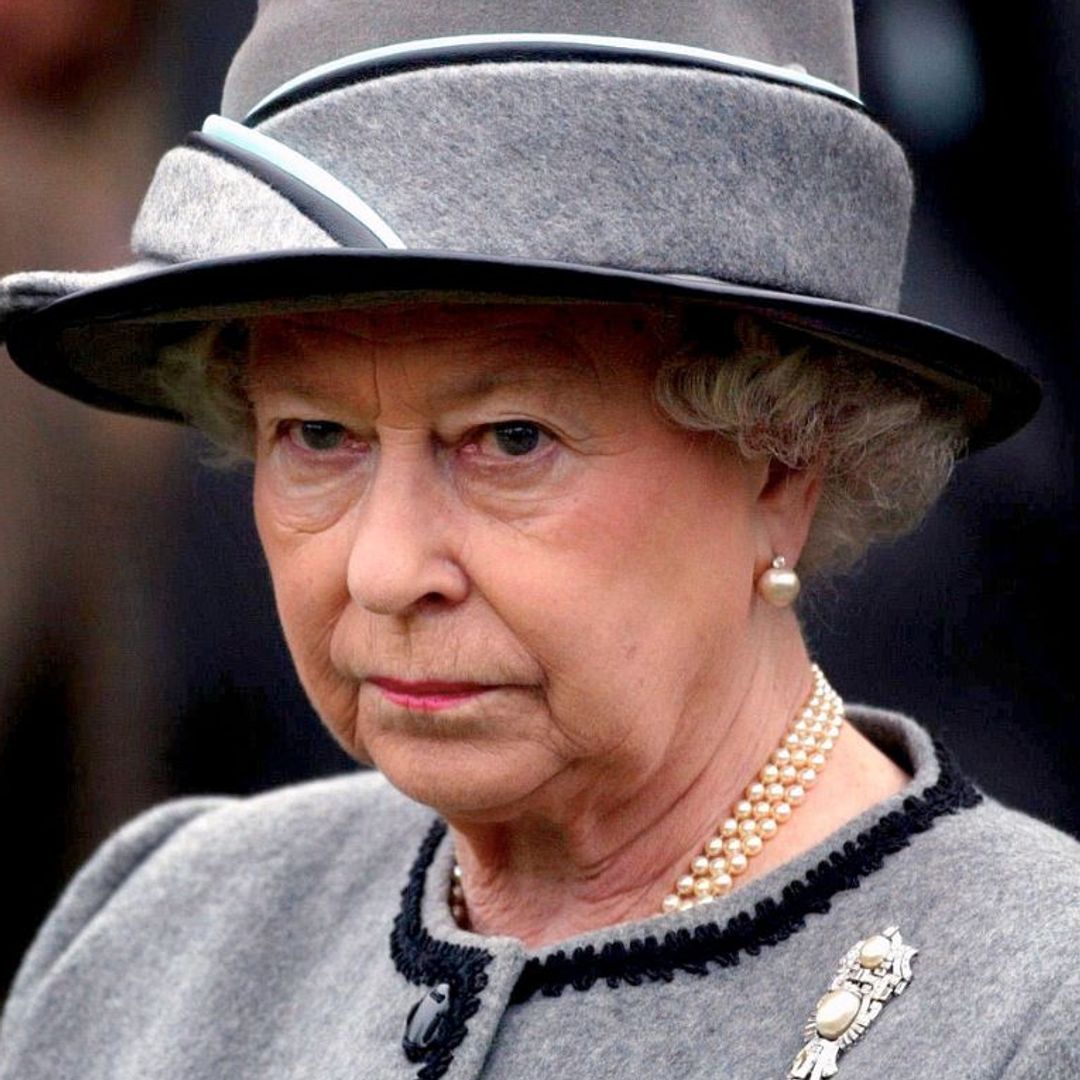As well as being monarch of the United Kingdom, the Queen was also the head of the Commonwealth and the head of state of 14 countries.
DISCOVER: The Queen's £369m legacy at Buckingham Palace - details
King Charles III is now head of the Commonwealth, and of those countries, but even during her lifetime several countries were breaking away. In 2021, Barbados voted to become a republic, and broke ties with the monarchy in a ceremony that Charles was present for. But following the death of the Queen on 8 September, what will happen to the countries where she was head of state? We'll find out.
WATCH: The Queen's historic reign spans an era of change
Antigua and Barbuda
Gaston Browne, the prime minister of Antigua and Barbuda has pledged to hold a public referendum for the country becoming a republic within three years following the passing of the monarch.
MORE: Prince Harry WILL wear military uniform as he honours late Queen before funeral
DISCOVER: Why this weekend is bittersweet for Princess Beatrice
Speaking to ITV News, he said: "This is not an act of hostility or any difference between Antigua and Barbuda and the monarchy, but it is the final step to complete that circle of independence, to ensure that we are truly a sovereign nation."
The country does still recognise the monarchy, as Gaston signed a document ratifying Charles' new status as King.
Australia
Although Australia elected republican politician Anthony Albanese earlier this year, the prime minister of the country has said that "now is not a time" to be discussing the future of the country, and that a referendum on the issue wasn't a priority for his first three-year term in office.
Speaking to the Australian Broadcasting Company following the death of the Queen, he said: "Now is not a time to talk about our system of government. Now is the time for us to pay tribute to the life of Queen Elizabeth, a life well lived, a life of dedication and loyalty including to the Australian people and for us to honour and grieve."
The Bahamas
Much like Australia, government officials have agreed that now is not the time to be discussing the future of the monarchy in the country. Clint Watson, the press secretary for the office of the prime minister explained: "The Bahamas is in a period of mourning. Our focus is on the death of the Queen, and her legacy and our gratitude for her service. We also welcome the new sovereign, King Charles III.
SEE: 7 best photos of the Queen meeting babies through the years
MORE: How many times did the Queen meet Prince Harry's children Archie and Lilibet?
"Prime Minister Davis told reporters that any discussion must lead to a referendum of the people deciding as our constitution requires this. This is not an agenda item of this administration at this time."
Belize
Although Belize hasn't publicly commented on the matter since the Queen's passing, following Prince William and Princess Kate's visit earlier this year, Charles Usher, minister for constitutional and political reform, said: "Perhaps it is time for Belize to take the next step in truly owning our independence. But it is a matter that the people of Belize must decide on."
Canada
Canadian Prime Minister Justin Trudeau has indicated that the country will remain as a constitutional monarchy, as he tweeted: "While we continue to mourn the loss of Canada’s longest-reigning sovereign, Her Majesty Queen Elizabeth II, we also look to the future with the proclamation of the accession of His Majesty King Charles III as Sovereign of Canada."
Grenada
Although Arley Gill, chairman of Grenada's National Reparations Committee, has said he believes that King Charles' ascension might spark a republican backlash, Tahira Carter, press secretary in the Prime Minister's Office in Grenada, told PA: "The Government of Grenada has no immediate plans to change its constitutional status."
However, she didn't rule it out for the future, adding: "The move to become a republic is a natural progression that the country may pursue in the future, however."
Jamaica
According to a report in the Independent, Jamaica is already planning to break away from the monarchy with an official appointed to oversee the work. Following the Queen's passing, local newspaper The Gleamer posted a sub-heading that read: "Scholar believes (the Queen's) passing will make Jamaica's break with the monarchy easier."
DISCOVER: What will happen to Queen's close confidante Angela Kelly?
READ: Why Prince Andrew and Sarah Ferguson's home is perfect for the Queen's Corgis
And following William and Kate's royal tour, prime minister Andrew Holmes commented that the country was "moving on" and intended to "fulfil our true ambitions and destiny as an independent, developed, prosperous country".
New Zealand
Prime Minister Jacinda Ardern has confirmed that the country isn't planning on becoming a republic following the Queen's passing, but has speculated that it would happen within her lifetime.
She explained: "There's been a debate, probably for a number of years. It's just the pace, and how widely that debate is occurring. I've made my view plain many times. I do believe that is where New Zealand will head, in time. I believe it is likely to occur in my lifetime. But I don't see it as a short-term measure or anything that is on the agenda any time soon."
Papua New Guinea
Papua New Guinea has signalled its support for the monarchy, with the country's prime minister, James Marape, proclaiming the accession of King Charles III.
He said: "In reflection of the life she lived, the exemplary performance of duties as the head of the state of Papua New Guinea, it is in this connection that we all gather here this morning to acknowledge her passing and to acknowledge and witness the ascension of the throne of King Charles III."
Saint Kitts and Nevis
Although government officials haven't said anything since the passing of the Queen, the country has signalled its intent to move away from the monarchy.
MORE: The Queen's state funeral: A minute-by-minute guide about what will happen
SEE: Prince William and Princess Kate's children's special place for mourning the Queen at school
Following Prince Edward and Sophie Wessex's visit earlier in the year, deputy prime minister Shawn Richards said: "The advancement of the decades has taught us that the time has come for St Kitts and Nevis to review its monarchical system of government and to begin the dialogue to advance to a new status, just as Trinidad, Guyana, Dominica and now Barbados have done."
Saint Lucia
Saint Lucia has remained fairly silent on its future, although in 2015 the Constitutional Reform Committee produced a report that recommended a split from the monarchy.
Saint Vincent and the Grenadines
Saint Vincent and the Grenadines attempted to replace the monarchy in a 2009 referendum, however, voters opted to remain with the monarchy. Republicanism is still high in the country and its prime minister, Ralph Gonsalves has said that a replacement system is a "national democratic task".
Solomon Islands
The nation has not commented on its plans following Her Majesty's passing
Tuvalu
Speaking to PA, Savali Amasone Fatoga, deputy secretary, office of the Prime Minister in Tuvalu, was uncertain on the future, saying: "At this stage I cannot share much with you as we still have the Queen's representative in Tuvalu 'the governor general'. We may still continue with King Charles III as head of state, and for a referendum to take place, that will be the Government of the day's call."
Make sure you never miss a ROYAL story! Sign up to our newsletter to get all of our celebrity and royal news delivered directly to your inbox.
